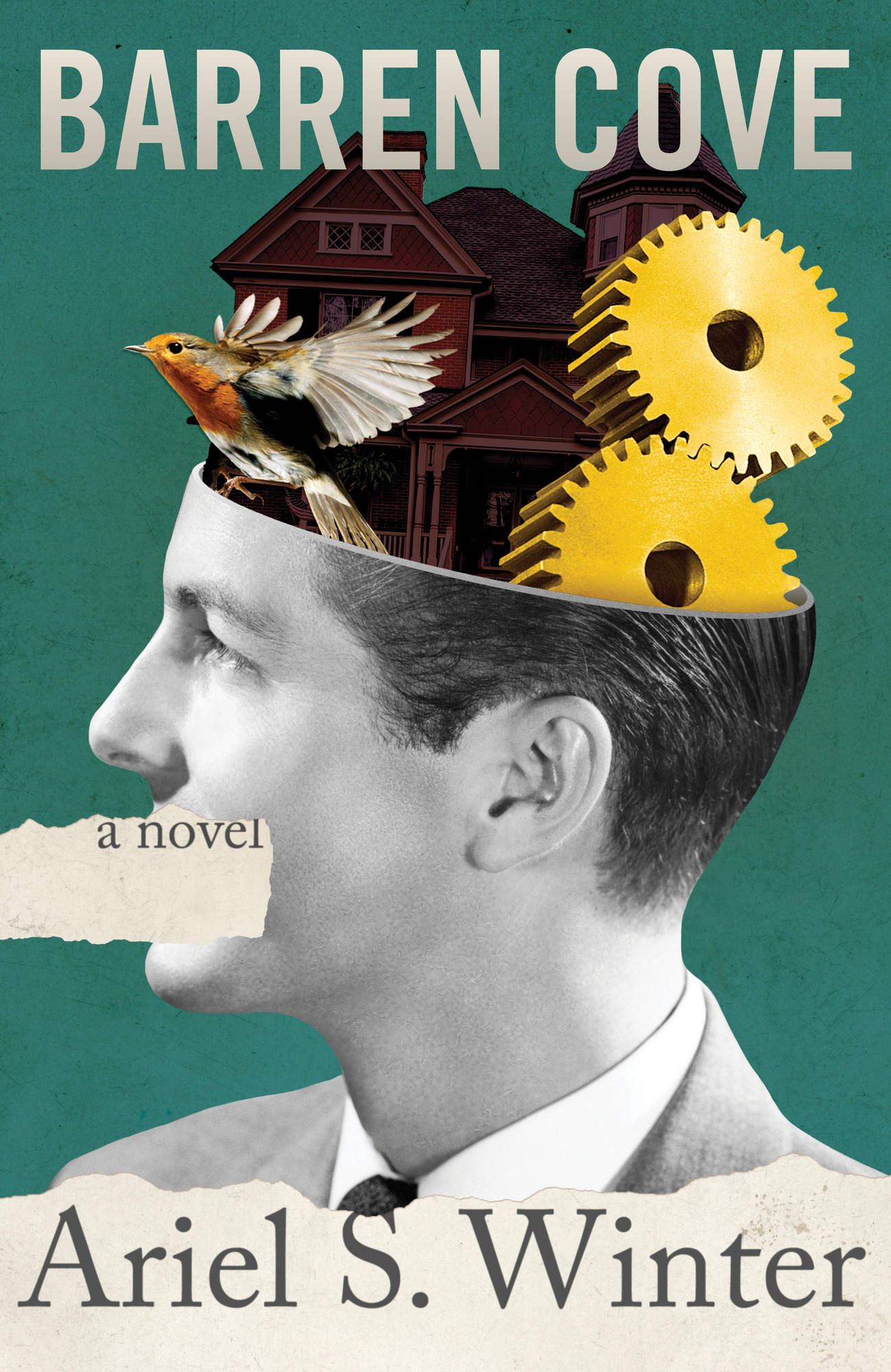
Barren Cove
A Novel
کتاب های مرتبط
- اطلاعات
- نقد و بررسی
- دیدگاه کاربران
نقد و بررسی

February 8, 2016
Winter (The Twenty-Year Death) follows up his debut, a lively homage to noir detective fiction, with a less successful foray into science fiction: a torpid melodrama in which robots and humans seethe with jealousy and resentment toward one another. In the novel’s future world, robots have attained supremacy over their human creators and many blithely disregard Isaac Asimov’s first law of robotics (“A robot may not injure a human being or, through inaction, allow a human being to come to harm”) by occasionally attacking humans for sport. Enter Sapien, an antiquated robot who rents a beachside cabana in the quaint town of Barren Cove to recover from an accident, and who possesses a “strange fascination with human culture.” In the main house next door reside three robots and one bedridden human, Mr. Beachstone. Sapien tries to untangle the relationships among the members of this enigmatic, nontraditional family, all the while seeking a reason to go on living rather than “gracefully deactivat” himself. Winter expertly handles certain scenes—a young boy teaching a robot how to make up stories, or Sapien tripping on “sims,” a robo designer drug—but too many others devolve into stagey villainy or silliness, as with a sexual assault via USB plug. The set up is intriguing, but the badly behaving robots could have been engineered with a lighter touch.

November 15, 2015
Winter debuted with The Twenty-Year Death, a finalist for the Los Angeles Times Book Prize, the Shamus Award, and the Macavity Award. Now he steps beyond genre with a main character named Sapien, unmoored in today's world owing to his old-fashioned sense of things, who retires to a Victorian-era beach house and becomes enmeshed with its family. Hints of the house's dark past should bring out Winter's crime-writing skills--and his fans.
Copyright 2015 Library Journal, LLC Used with permission.

Starred review from March 1, 2016
Sapien has come to Barren Cove from the city to get away, and maybe to ponder ending it all. He rents a small place on the beach, in the shadow of the large old house on the clifftop where his mysterious landlords live. Sapien is a robot. His landlords are robots, too, save one, the frail and unseen Beachstone. And their story, which might best be described as robot gothic, and in which Sapien becomes entangled, is a microcosm of humanity's future. The singularitythe theoretical moment when artificial intelligence acquires the capability to reproduce and improve itselfis sometimes discussed almost as if robots' ascendance will be as simple as flicking a switch. What Winter does here is to probe the messy interstices of robots' rise and humans' decline, asking fascinating questions: Will robots and humans have relationships? Will robots learn emotions? How, exactly, will robots reproduce? Writing in a remote style that subtly suggests the way an artificial mind might think, and with knowing nods to the writers who came before, the versatile Winter (The Twenty-Year Death, 2012) has produced a quietly brilliant, third-person look at what it means to be human. This deserves to be a minor, modern classic of speculative fiction.(Reprinted with permission of Booklist, copyright 2016, American Library Association.)

























دیدگاه کاربران